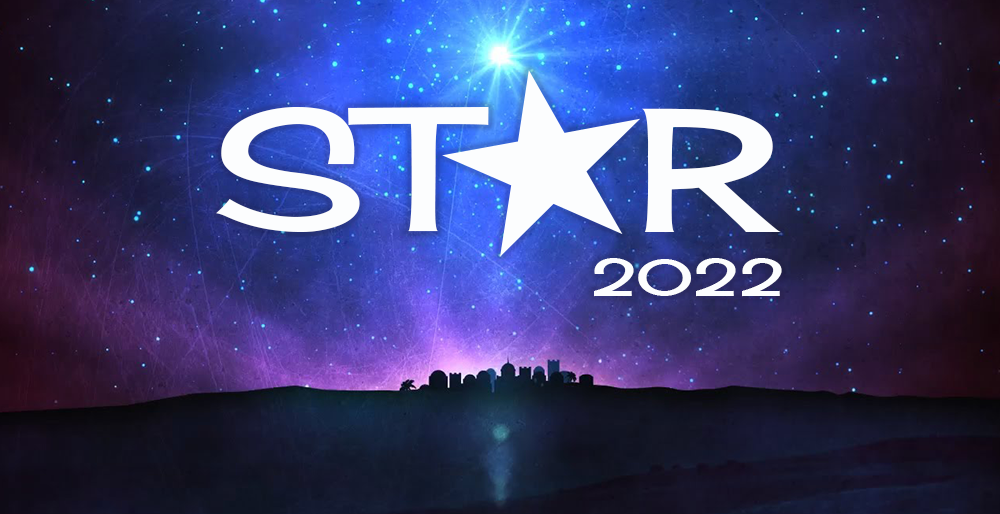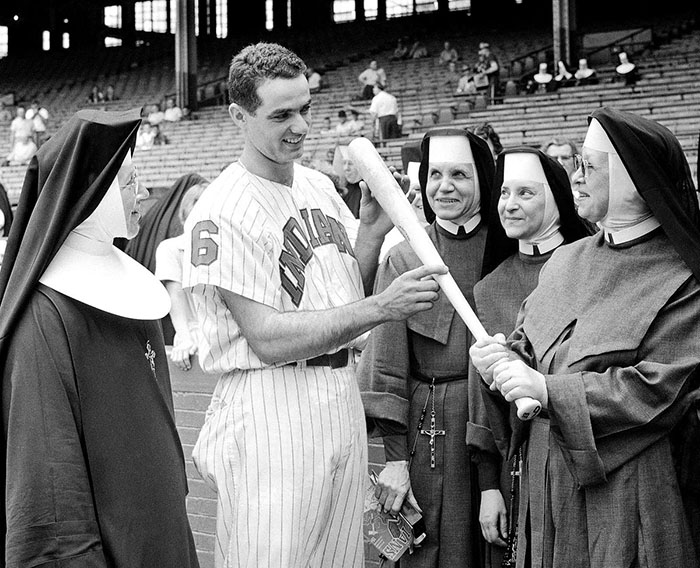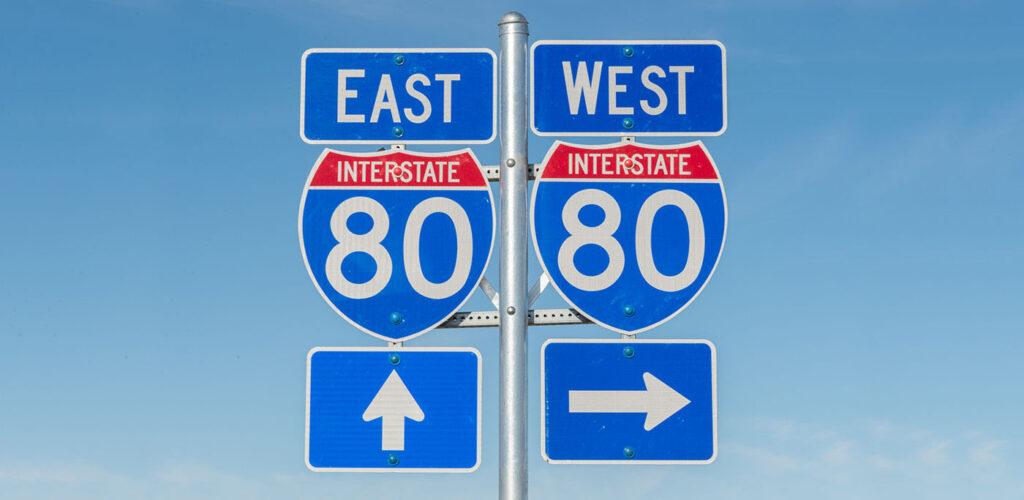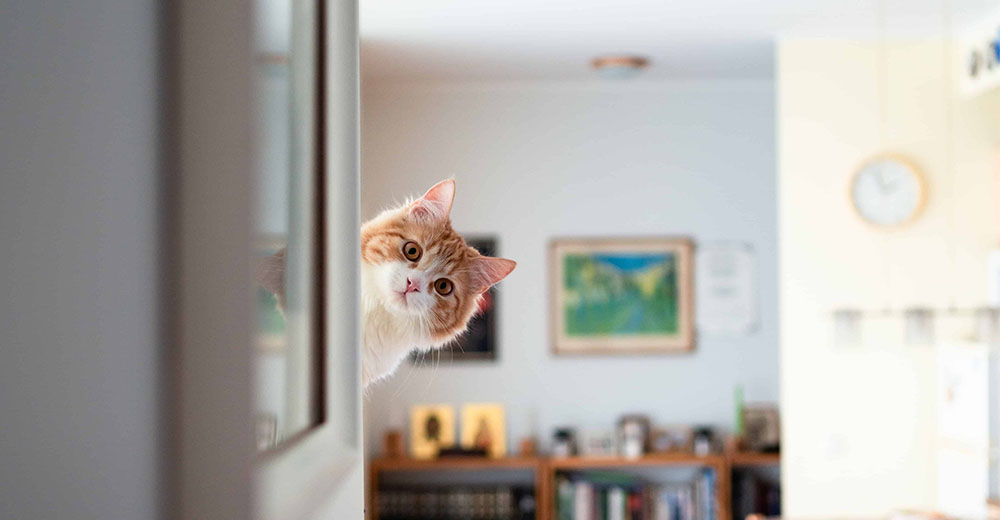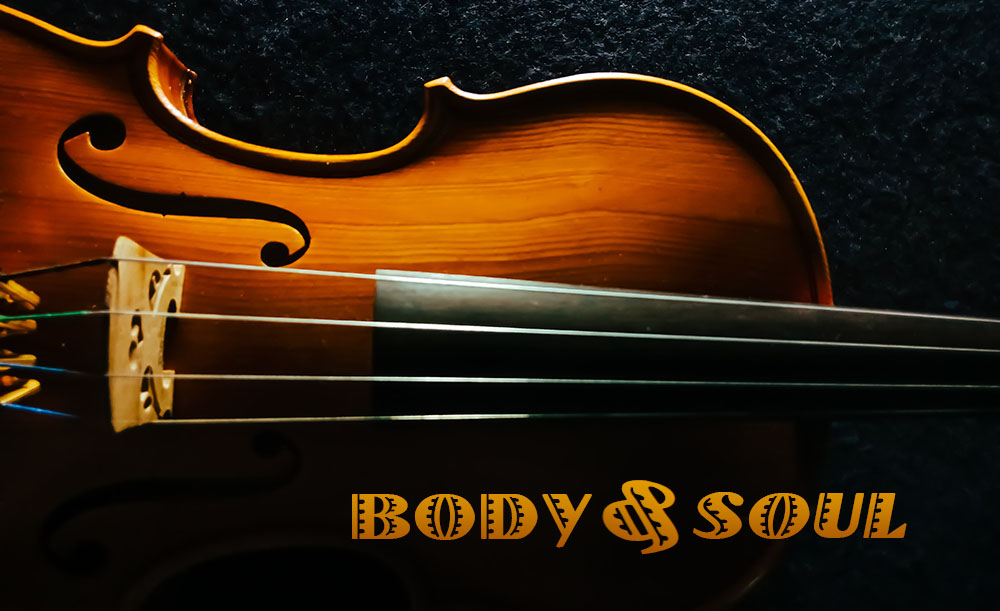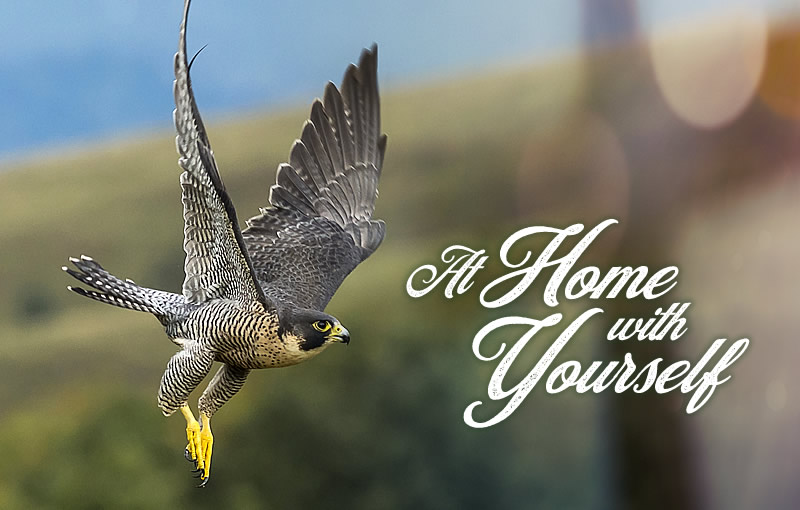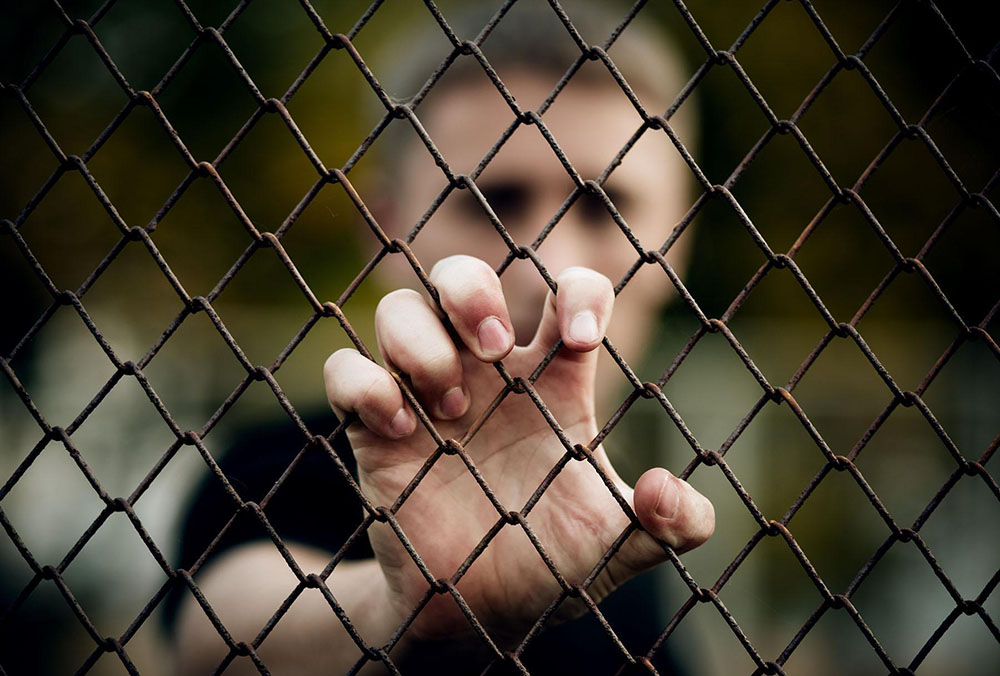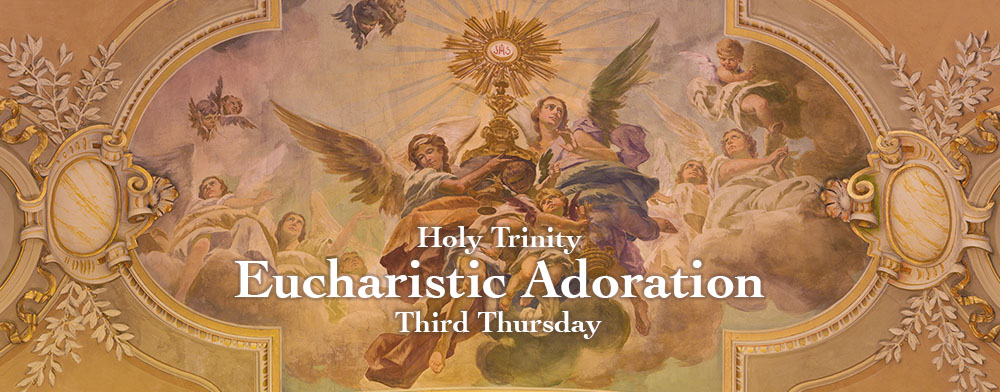
Many of you have heard the term Eucharistic Adoration (or Adoration of the Blessed Sacrament) but need a bit more explanation of this centuries old prayer experience.
First a little history. Our Catholic Faith in Christ’s real presence in the Eucharist began that first night when Jesus gathered with the apostles at the Last Supper. “This is my body.” Jesus said. “This is my blood.” From that time on, our unbroken Faith tells us, “He is there.”
By the third century the Eucharist, consecrated at mass, was afterwards reserved in a place of beauty and honor (what today we have reserved in the Tabernacle). Centuries later (1264) there developed in France the tradition of “exposing” the consecrated Host (Blessed Sacrament) on special commissioned altars there.
There’s lots more to say about the evolution of Eucharistic Adoration. What’s most interesting is that this desire to “see” the Host was fostered by the simple Faithful. It was the people who hungered for this prayer experience. The Pope and bishops had to catch up!
Fast forward to today. What happens during Eucharistic Adoration? The priest or minister takes the large consecrated Host (the Blessed Sacrament) from the tabernacle and places it in a beautiful receptacle called the “monstrance” (from the latin monstrare – “to show”).
This is accompanied by a hymn and introductory prayers. Incense is usually used to further signify the holiness of what is now present on the altar.
And then? Silence.
Jesus Christ, the entire person, born of Mary, nailed to the cross, and now in the Resurrection, is present to us on the altar under the visible appearance of bread.
So what does one do with that stark statement of Faith? That’s the question Jesus asks in the silence of the church. “I am truly with you. Do you believe?”
Your answer may take some time. You’ve just come from the business of the world. Your ears may be still ringing from the traffic outside, an incident on the phone, a personal worry you’ve been carrying. It takes time to silence the world and get down to being with the Lord.
Over time something happens. The quiet becomes a blanket around you. The beautiful monstrance dramatically shows forth its precious content – – Jesus. You can begin to speak to him from your heart. There is no script to follow. It’s you and the Lord. What do you want to say to Him? Your fears, your joys, sadness, hopes . . . yes even your doubts. The Lord wants to hear it all.
St. Theresa of Lisieux, when asked what she did during Eucharistic Adoration, responded – it’s really very simple, “He looks at me. And I look at Him.” It’s a look of love. And Jesus wants you to experience it. It’s a moment of grace.
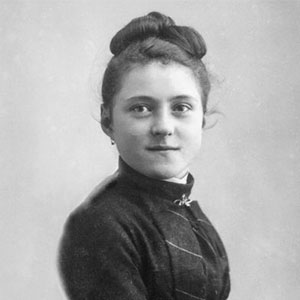
St. Theresa of Lisieux, when asked what she did during Eucharistic Adoration, responded – it’s really very simple, “He looks at me. And I look at Him.” It’s a look of love. And Jesus wants you to experience it. It’s a moment of grace.
Please join us each third Thursday of the month for Eucharistic Adoration at Holy Trinity Church. Exposition begins at 3:00 pm. and closes with a holy hour (7-8 pm) when a spiritual reflection and Benediction (incensing) will occur.
Friends, this is a powerful way to increase or restart your relationship with Christ. It’s an intensely personal en- counter with graces just for you and where you are in your life.
We begin November 17. I recommend you come for the 7-8 pm. hour to hear the spiritual reflection.
Bless you.
Fr. Tim

